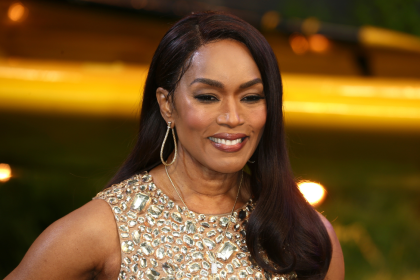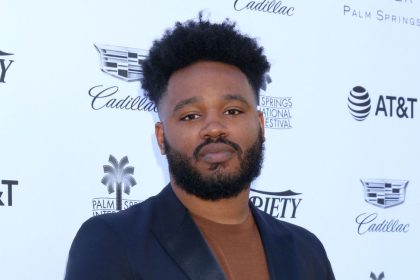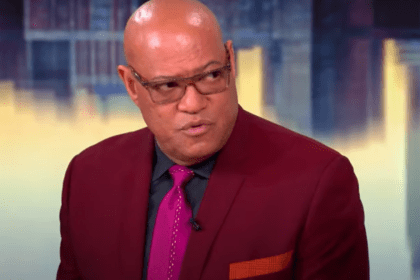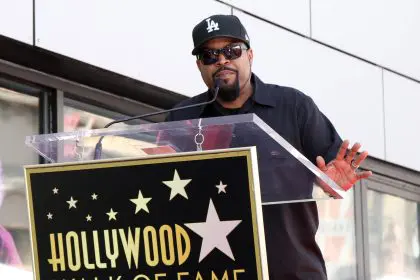Bob Marley: One Love has Paramount saying, “Yeah, mon!” after making a record $14 million on Valentine’s Day.
According to Paramount, the biopic about the King of Reggae easily outpaced the opening of Sony’s Madame Web, which generated a little over $6 million domestically and became the top midweek opener ever for Valentine’s Day. The Vow held the previous record; the 2012 movie raked in $11.5 million.
Both films opened everywhere in North America, hoping to take advantage of couples wanting to go to the movies on Valentine’s Day, since dinner reservations can be hard to come by if you haven’t made them months in advance.
Usually, a superhero movie would have been favored to make the higher amount, but both DC and Marvel Studios have suffered box-office setbacks in recent years (we’re looking at you, Shazam, Fury of the Gods, Black Adam and you, Wonder Woman 1984).
Bob Marley: One Love, which stars Kingsley Ben-Adir in the title role, was initially projected to collect $30 million to $35 million stateside in its first six days, but unless it cools drastically between now and the Presidents Day holiday on Monday, it figures to exceed those estimates.
It still has a way to go before officially being stamped a profit since it cost some $70 million.
Fans thought more of it than critics
The Marley movie also brought in $4.9 million from 10 overseas markets, including the United Kingdom, France, and Spain, bringing its global gross to $19.4 million.
Madame Web, the fourth film in the Sony Spider-verse, is expected to gross $26 million during the same six-day period. It cost about $80 million to make.
While One Love wasn’t overly praised, playing to lukewarm reviews from critics — despite Ben-Adir’s lead performance as the musician — audiences gave the film an A CinemaScore. (Madame Web earned a C+, by contrast). The movie, directed by Reinaldo Marcus Green (King Richard), also stars Lashana Lynch as Bob’s wife, Rita Marley, and James Norton as Chris Blackwell, the founder of Marley’s music label, Island Records.
The movie sets the viewer in 1970s Jamaica, from the time Marley made his 1977 album Exodus and follows the events of the final four years of his life, including an assassination attempt and Marley’s belief that music could heal his civil war-wracked nation in the post-colonial era. Jamaica gained its independence from Great Britain in 1962. Marley died of cancer in 1981.
That the movie was made at all is a victory in itself. There were numerous doomed attempts over a 20-year period — including one with the singer’s daughter-in-law, Lauryn Hill. One had Ziggy Marley playing his father. Another attempt would have featured Lenny Kravitz in the lead role, but it never got off the ground.
Paramount secured the rights to the movie years ago, but even then, nothing happened until Mike Ireland and Daria Cercek became co-heads of the studio’s Motion Picture Group.
What made the difference?
Family becomes force behind movie
Ziggy said it was the family deciding to get up, stand up — to become the force behind the movie. The movie’s producers include Marley’s children, Ziggy and Cedella, and wife, Rita. The movie begins with Ziggy, a Grammy winner in his own right, proclaiming how proud of the movie the family is.
“Over the years there have been a few attempts, but what happened here is that we were the instigators of it,” he told Deadline. “The family took the step to approach people instead of waiting for them to come to us. We helped choose directors, producers, actors, so the family became the real force behind this instead of the force coming from somewhere else, which was what it used to be like.”
And the family had a vision for how to most effectively tell his story.
“We wanted to show a side of Bob that is not seen in interviews, or anything people already know,” Ziggy said. “We wanted to really show the internal struggles and the emotional side of Bob much more than anything has ever shown us before. People knew a lot of things, so we decided it was the internal workings around the emotional side. He was not a one-note person, and we wanted to make sure that he was represented. We were there on the set, every day, myself and Neville Garrick, who worked with my father.”
















